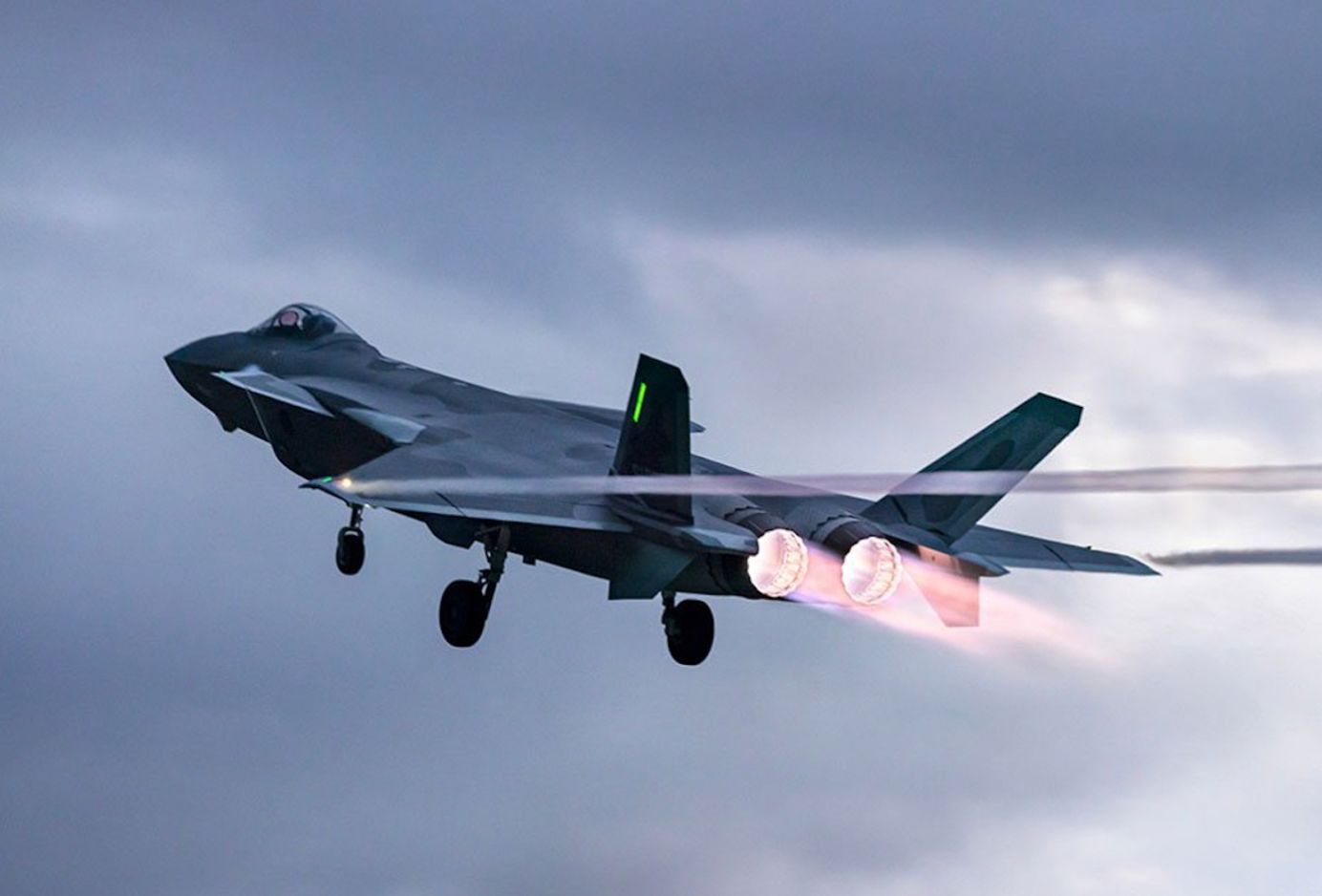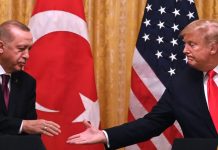Protests over the carnage of Shia Hazara mine workers in Pakistan’s Quetta has finally ended as the families declared the burial after two central ministers along with the chief minister of Balochistan again visited the site and assured the Hazara community that PM Imran Khan had accepted their demands.
India-Pakistan Engage In 5th Gen Warfare As Propaganda War Erupts Over Kashmir, Balochistan
The mourning families were notified that PM Imran Khan, Interior Minister Shaikh Rashid Ahmed, and Army Chief Gen Qamar Javed Bajwa were expected to visit Quetta on Saturday, according to reports.
The gruesome attack was filmed by the militants and posted online. Thousands of Hazaras, who have been the victims of cruelty at the hands of Sunni militants for years, were protesting with coffins containing the miners’ bodies on a road in Quetta and had refused to bury them unless PM Khan visited them.
Thousands of protesters from the #Hazara community continue sit-in with coffins in Quetta as protests entered the sixth day. || #HazaraProtest #Pakistan
–https://t.co/4pwSjJ0uHk pic.twitter.com/h4UrvNoRhd— Arab News Pakistan (@arabnewspk) January 8, 2021
The protests had further spread to the other cities of the country, including Karachi. The protesters were demanding the dissolution of the provincial government of Balochistan and strong action by Islamabad to find and punish the culprits. The protesters, including the women and children, refused to leave the site till the victims got justice.
Pakistan Prime Minister Imran Khan came under fire on Friday for his comments on the Hazara protests. Speaking at the inauguration of the Special Technology Zones Authority in Islamabad, Khan said protestors cannot blackmail him into coming to Quetta.
مچھ کےسفاکانہ دہشت گردحملےمیں اپنے پیاروں کو کھونےوالےہزارہ خاندانوں کو میں دوبارہ یقین دہانی کروانا چاہتا ہوں کہ میں انکی تکالیف اورمطالبوں سےآگاہ ہوں۔ مستقبل میں ایسےحملوں کےتدارک کیلئےہم اقدامات اٹھارہےہیں اور جان لیں کہ ہمارا ہمسایہ اس فرقہ وارانہ دہشت گردی کو ہوا دے رہا ہے۔
— Imran Khan (@ImranKhanPTI) January 6, 2021
Khan had appealed to the Hazara community to bury those who were killed in the attack. “I am using this platform to say that if you bury them today, I will go to Quetta to meet the families of the deceased,” he said.
“This should be clear. All of your demands have been met but you can’t impose a condition which has [no logic]. So first, bury the dead. If you do it today then I guarantee you that I will come to Quetta today,” Khan said.
Who are Hazaras?
Shia Muslims, including the different ethnic groups, account for 10 to 15 percent of Pakistan’s Muslim population. Hazaras are an ethnic group, primarily based in Afghanistan with a sizeable population living in Pakistan. They remain a vulnerable group because Hazaras are mostly Shias, which makes them both ethnic and religious minorities.
There are 650,000 to 900,000 Hazaras in Pakistan, with approximately 500,000, living in Quetta, the provincial capital of Balochistan. Since Hazaras are believed to be of Mongoloid descent, their physical characteristics distinguish them from other ethnic groups in the area, making things worse for them.
They have remained an easy target for Taliban and Islamic State militants besides other Sunni Muslim militant groups in both Pakistan and Afghanistan. Extremist Sunni groups regard Hazaras as apostates.
In a piece written for The Dawn, Aasim Sajjad Akhtar, a professor at Quaid-i-Azam University, Islamabad, said, “The ill-fated miners were undoubtedly targeted on the basis of their Shia faith and butchered to death under the pretext of being children of a lesser god.”
There has been a long history of violence and attacks against Hazaras in Pakistan, dating back to General Zia-ul-Haq’s tenure as President.
Pakistan’s National Commission on Human Rights has estimated that more than 2,000 Hazaras were killed in targeted attacks since 2004. A 2018 Human Rights Commission of Pakistan report reveals at least 509 Hazaras were killed and 627 were injured in violent attacks by extremist groups since 2013.
Backlash After Recent Killings
The recent killings had grabbed international headlines. From politicians, anti-government forces to the international community, the Imran Khan government came under attack from every side for not protecting the rights of the minority groups in the country.

On Tuesday, UN Secretary-General Antonio Guterres and UN General Assembly President Volkan Bozkir had criticized Pakistan for the killings.
“The secretary-general strongly condemns the terrorist attack and killing of at least 11 coal miners in the Balochistan province of Pakistan. He extends his sincere condolences to families of the miners and the people and government of Pakistan,” said the deputy spokesperson of Guterres, Farhan Haq.
Nobel Laureate Malala Yusafzai also condemned the killings and called upon Prime Minister Imran Khan to visit Quetta.
I am short of words to express my grief over the brutal killings of Hazara miners. This is not the first time that this has happened. But I hope it is the last. The whole country is in mourning.
I request that PM @ImranKhanPTI meet with the victims' families as soon as possible. pic.twitter.com/gayKH3iaql
— Malala (@Malala) January 7, 2021
Pakistan People’s Party (PPP) chairman Bilawal Bhutto Zardari and vice-president, Pakistan Muslim League (Nawaz) (PML-N) Maryam Nawaz had reached Quetta to offer condolences to the bereaved families.
Thank you @BBhuttoZardari and @MaryamNSharif for visiting #HazaraProtest. Our #Hazara brothers and sisters need us!#HazaraLivesMatter #HazaraShiasWantJustice pic.twitter.com/4x4kd96TSQ
— Asad Ali Toor (@AsadAToor) January 7, 2021
Since the two leaders are also part of the anti-government alliance, they took this development to attack the government. Recalling the 2013 bombings, Bilawal said the PPP government had dismissed the provincial government for its laxity and lapses.
Follow EurAsian Times on Google




